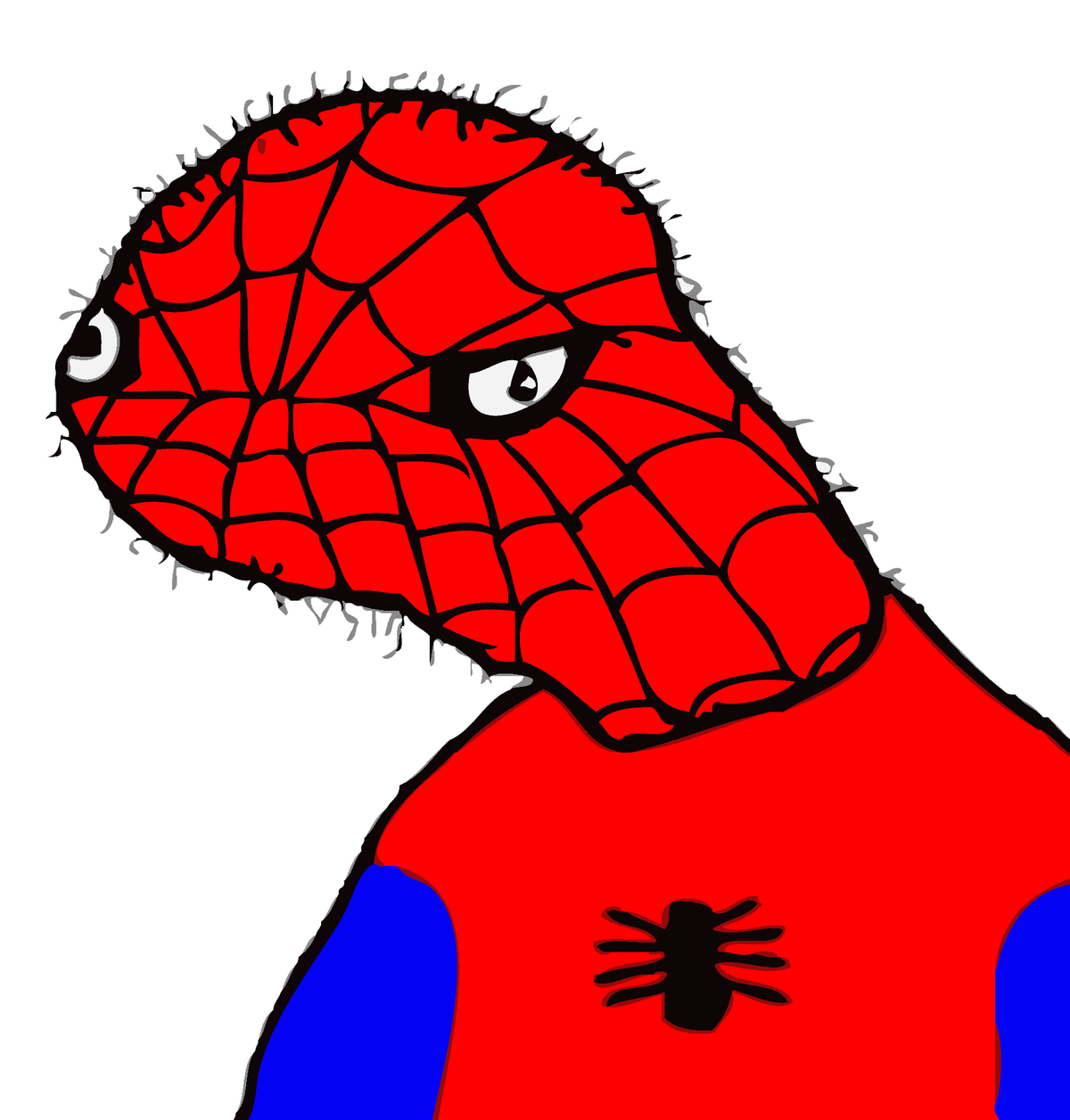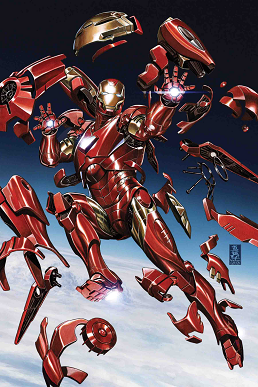The Everyman Superhero
Spider-Man's enduring appeal lies in his relatability. Unlike gods, billionaires, or super-soldiers,
Peter Parker faces the same problems as his readers: money troubles, relationship issues, academic
pressure, and social awkwardness. His powers don't solve these problems—they often make them worse.
This creates a unique dynamic where his greatest strength isn't his spider powers, but his determination
to do the right thing despite constant personal sacrifice.
"With great power comes great responsibility."
- Uncle Ben's lesson that defines Peter Parker's entire heroic philosophy
The Psychology of Guilt and Responsibility
Peter's psychology is fundamentally shaped by guilt—guilt over Uncle Ben's death, guilt over every
person he can't save, guilt over the sacrifices his loved ones make because of his secret identity.
This guilt drives him to push himself beyond reasonable limits, creating a hero who never feels like
he's done enough. It's both his greatest weakness and his most heroic quality.
Humor as Heroism
Spider-Man's wisecracks aren't just comic relief—they're a psychological coping mechanism and a
tactical advantage. His humor humanizes conflicts, defuses tension, and helps him process traumatic
situations. It also serves to irritate opponents and make him seem less threatening, often causing
villains to underestimate him. His jokes reveal his fundamental optimism despite overwhelming odds.
"I can't save everyone, but Spider-Man can."
- Peter Parker's internal struggle between his limitations and his heroic aspirations
The Cost of the Double Life
Perhaps no superhero pays a higher personal cost for their heroism than Spider-Man. His secret
identity constantly threatens his relationships, career, and mental health. Friends and loved ones
suffer because of his absences and inability to explain his behavior. This ongoing sacrifice makes
every heroic act a choice between personal happiness and moral duty—a choice Peter consistently
makes in favor of others.






